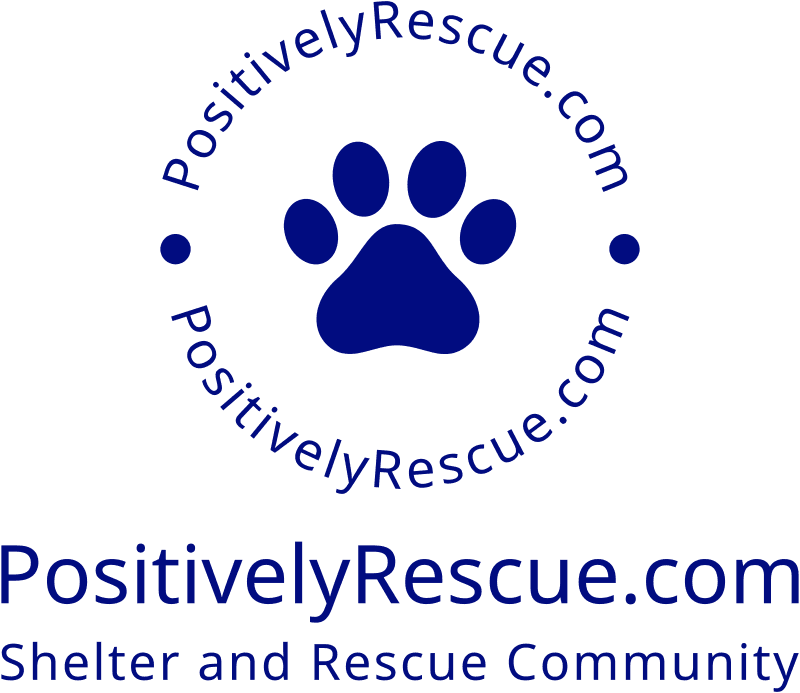🐾 Enrichment 101: Preventing Boredom in Rescue Dogs
Keep Their Minds Busy—and Their Behavior in Check
Dogs aren’t just furry companions—they’re intelligent, curious animals who thrive when they have things to do. Without meaningful activities, dogs can become bored, anxious, and even destructive.
This is especially true for rescue dogs, who may be adjusting to a new home, recovering from stress, or simply figuring out how to fit into your world. Enrichment helps bridge that gap—keeping your dog’s brain and body engaged while reducing problem behaviors.
🧠 What Is Enrichment?
Enrichment means giving your dog opportunities to express natural behaviors like:
-
Sniffing
-
Chewing
-
Playing
-
Foraging
-
Exploring
-
Solving problems
It doesn’t have to be complicated—it just has to be intentional.
🎯 Why Enrichment Matters
Regular enrichment can help:
-
Reduce boredom-related behaviors like chewing and barking
-
Ease anxiety and promote calmness
-
Prevent “Zoomies” or restless pacing
-
Improve confidence and focus
-
Strengthen your bond with your dog
A tired dog is a good dog—but a mentally satisfied dog is even better.
🧩 Types of Enrichment (with Easy Ideas!)
Here are five main types of enrichment—with examples you can start today:
🍽️ 1. Food Enrichment
Make mealtime more fun—and more challenging.
-
Stuffed Kongs (freeze them for a longer-lasting challenge)
-
Lick mats with peanut butter or canned food
-
Scatter feeding (toss kibble around the yard or floor for your dog to sniff out)
-
Puzzle bowls and slow feeders
-
Frozen treats (try broth ice cubes with a treat inside)
Pro Tip: Feeding your dog this way takes no more time than dumping kibble into a bowl—but offers way more mental stimulation.
👃 2. Scent Games
Let your dog use their amazing nose.
-
Hide treats around the house or yard and say, “Find it!”
-
Let your dog sniff during walks—don’t rush them
-
Try “snuffle mats” that mimic grass for foraging
-
Introduce new scents (lavender, vanilla, or safe herbs) during supervised play
Sniffing is deeply calming for dogs—it’s the canine version of meditation.
🧸 3. Toy-Based Enrichment
Play isn’t just fun—it’s essential!
-
Rotate toys to keep them novel
-
Use flirt poles for safe chasing
-
Offer different textures and types (squeaky, rope, plush, etc.)
-
Choose durable chew toys that satisfy natural urges
Interactive toys can redirect energy that might otherwise go into chewing shoes or digging holes.
🎓 4. Training as Enrichment
Training isn’t just for obedience—it’s brain work!
-
Short (5–10 minute) sessions teaching basic cues
-
Trick training for fun and confidence
-
Use kibble or treats as rewards for learning
Focus on positive reinforcement. Teaching “sit,” “touch,” or “leave it” gives your dog a job—and builds trust.
🌎 5. Environmental Enrichment
Change the scenery, offer new experiences.
-
Vary your walk routes
-
Visit pet-friendly stores
-
Let your dog explore new textures (grass, gravel, wood)
-
Create indoor obstacle courses or tunnels
Even small changes to your dog’s routine can wake up their senses and reduce stress.
⏱️ How Much Enrichment Does a Dog Need?
There’s no strict rule—but as a guideline:
-
Puppies or high-energy dogs: At least 30–60 minutes of physical and mental enrichment daily
-
Adult dogs: 15–30 minutes of active enrichment in addition to walks
-
Senior or low-energy dogs: Gentle scent work, light foraging, or puzzle toys
The right balance varies by breed, personality, and age—but every dog benefits from some enrichment every day.
🐶 What If I Work Long Hours?
No problem—try:
-
Freezing enrichment toys in advance
-
Using timed feeders or treat dispensers
-
Hiring a pet sitter or dog walker for midday breaks
-
Playing scent games or doing short training sessions before and after work
Even 10 intentional minutes can make a huge difference in your dog’s day.
💬 Final Thoughts
Enrichment isn’t extra—it’s essential. It helps your dog feel calm, confident, and content. And for rescue dogs who are learning how to be part of your family, it can be the key to preventing behavior problems before they start.
Best of all? Enrichment builds your relationship. Every puzzle solved, every game played, every new skill learned brings you and your dog closer together.

